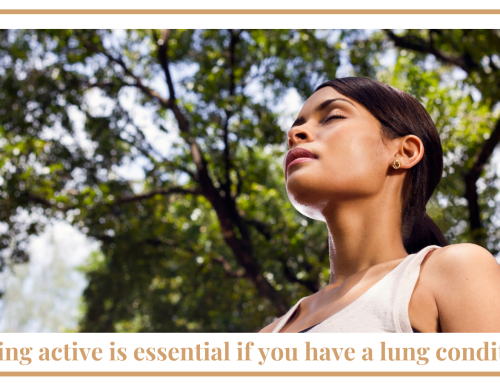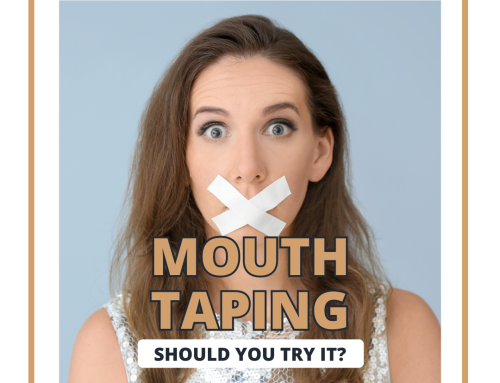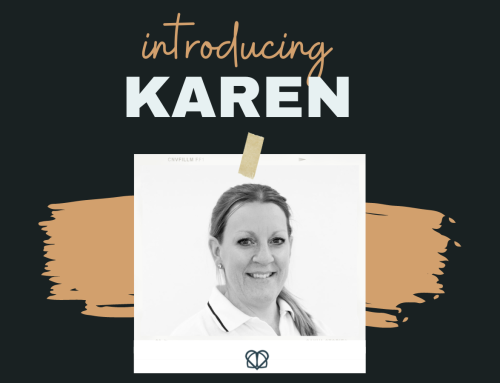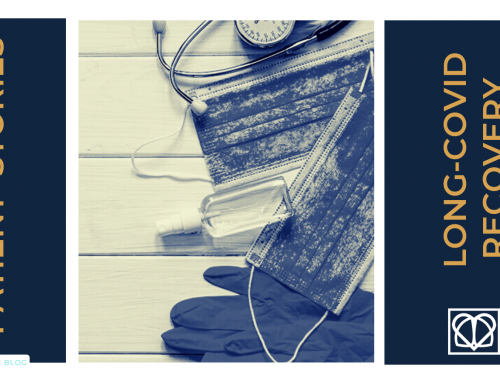Pulmonary rehabilitation often forms an integral part of managing lung conditions such as chronic obstructive pulmonary disease (COPD). With National Pulmonary Rehabilitation Week running from 11th-18th March, we thought it was the perfect time to focus on just why pulmonary rehabilitation is so important and how it can enhance the quality of life for someone with COPD.
Pulmonary rehabilitation (PR) is a comprehensive programme of exercise and education specifically for those who are suffering from a chronic lung condition. In this group of patients, performing what are normally considered simple everyday tasks become much more difficult because they leave you feeling breathless. These symptoms can be frightening, severely debilitating and can drastically reduce your quality of life. It’s common for people with COPD to limit their activity because of their fear of becoming breathless. But when you’re inactive, your muscle and heart strength decline, which will see your overall health and ability to cope with your symptoms decline too. It becomes a vicious cycle that needs to be broken.
PR will play a pivotal role in helping you:
-
develop your fitness, giving you more confidence to do physical activity
-
improve your ability to perform daily tasks
-
help you understand more about how to use your medication and oxygen appropriately
-
help you cope better with feeling breathless and/or anxious
-
reduce hospitalisations
-
make you feel better mentally
With there being no cure for COPD, it’s incredibly important to follow the different steps that can be taken to relieve symptoms and prevent the disease from getting worse.

What can you expect from pulmonary rehabilitation?
You will initially be assessed to determine exactly how severe your individual symptoms are. You will then receive an individual exercise programme suitable for your level of fitness and tailored to you. Alongside the exercises there are educational sessions encompassing all aspects of respiratory care. This includes breathing techniques, managing anxiety, relaxation, medicines management, self management plans and home exercise plans.
The sessions usually run once or twice a week for about 6-8 weeks and usually classes are made up of about 6-10 people. It’s a great way to meet people in similar a situation to yourself. The exercise aspect of the programme will be designed to get you stronger, at a level that is right for you. You can expect exercises like practicing standing up from sitting in a chair or making your arms stronger by lifting small dumbbells above your head. Increasing mobility by doing walking exercises is important too.




